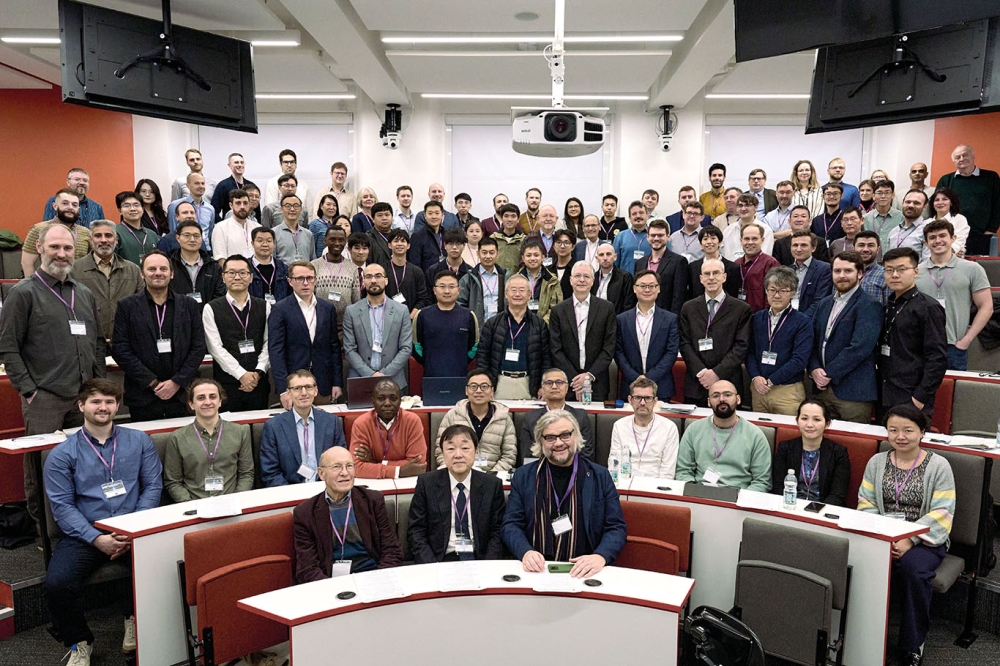'First to file' patents divide US chip makers
US semiconductor firms remain divided over plans to shake up the country s patent system, as its most senior legislators prepare to debate the topic.
The US Congress is scheduled to argue the merits of the "Patent Reform Act of 2009" this month. One of the key proposals will be to switch from a first-to-invent system to a first-to-file approach.
And while there is some support for a change that should reduce the number of costly legal battles fought over intellectual property when prior invention is claimed, there is also a worry that the reforms might stifle innovation from individuals and small companies.
One compound semiconductor maker "“ the fiber-optic component specialist JDSU "“ is among those squarely in favor of first-to-file :
"We believe in patent reform," the Californian company told compoundsemiconductor.net, citing as its main reason the current ability of patent trolls to obtain injunctions and disproportionate damages in cases that reach the courts or are settled prior to that.
JDSU s stance is backed by many of the US leading technology companies, including, among others, the silicon semiconductor giant Intel, Hewlett-Packard, and Cisco Systems - under the umbrella of the "Coalition for Patent Fairness".
However, that position is not shared by all. In February this year, a much wider range of companies including Air Products, Dow Corning and Texas Instruments voiced their concerns in an open letter to President Obama, saying:
"We feel strongly that the prosperity of a few companies within two industries [information technology and financial services] should not come at the expense of a larger group of stakeholders."
In response, the self-styled Coalition petitioned Obama in March, saying that the information technology industry had added $2 trillion annually to the US economy, and that a modernized patent system would stop "the abuses we see now".
RF Micro Devices, the world s biggest manufacturer of GaAs chips for RF applications, can see both sides of the argument:
"There is a need to change the patent system in the area of patent examination," an RFMD spokesman said. "A more comprehensive prior art search would likely substantially reduce the number of patents issued whose claims are obvious or lack novelty."
On the other hand, RFMD s very existence is owed to the ingenuity of the three founders who started up the North Carolina company back in 1991.
"Whereas the first-to-file system encourages the expedient filing of patent applications, the system could prejudice a class of individuals who may not have filed earlier because they lacked the financial means to do so," said the company.
"Like many entrepreneurs, RFMD's founders "“ who had an abundance of hope, good ideas and limited financial resources "“ would likely have fallen into this class."































